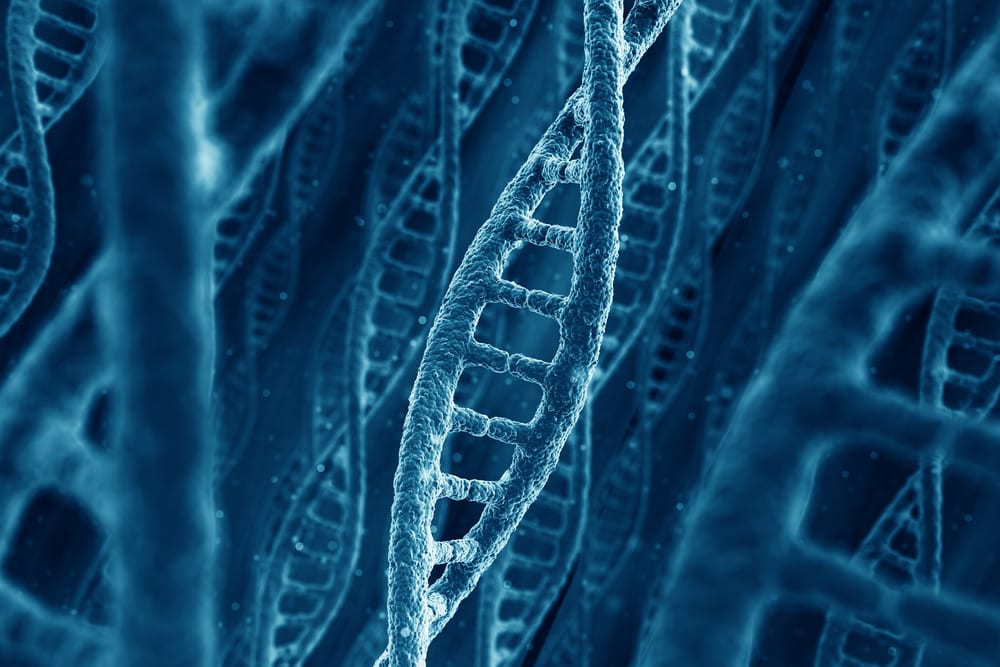Circa 2018
A major challenge in treating type 1 diabetes is figuring out how to overcome the destruction of insulin-producing beta cells. The body mistakenly targets and destroys these cells leaving the body unable to manage blood sugar levels on its own. Individuals with this disease must be vigilant about checking their blood sugar and administering insulin as needed, which can be an exhausting task.
Current treatment options include injection of insulin, use of continuous glucose monitors and insulin pumps, stem cell therapies and implants, partial transplants, and other strategies. These treatments vary in effectiveness from person to person as well as how long they last. In addition, some require patients to continue taking anti-rejection drugs which can be hard on the body.
However, a new treatment may offer longer lasting, more effective results in the battle against type 1 diabetes. A recent study found that by using gene therapy targeting two specific genes, insulin-producing cells may be able to be recreated in the body using existing alpha cells. A healthy pancreas contains both alpha and beta cells. In those with type 1 diabetes, insulin-producing beta cells are destroyed. But when mice were injected with gene therapy to reprogram some alpha cells to take over the function of these beta cells, they were once again able to produce insulin and manage blood sugar.
